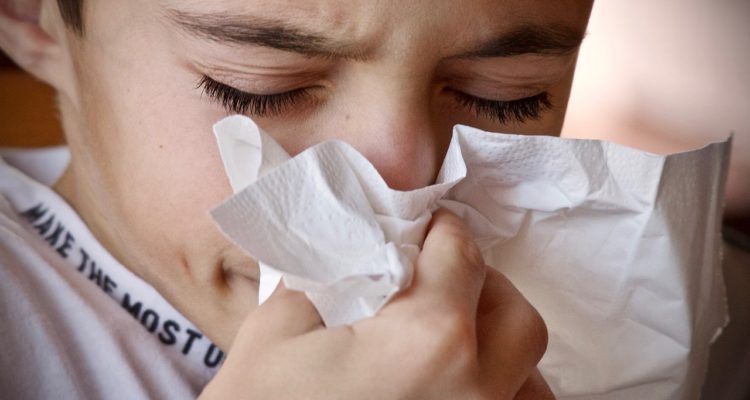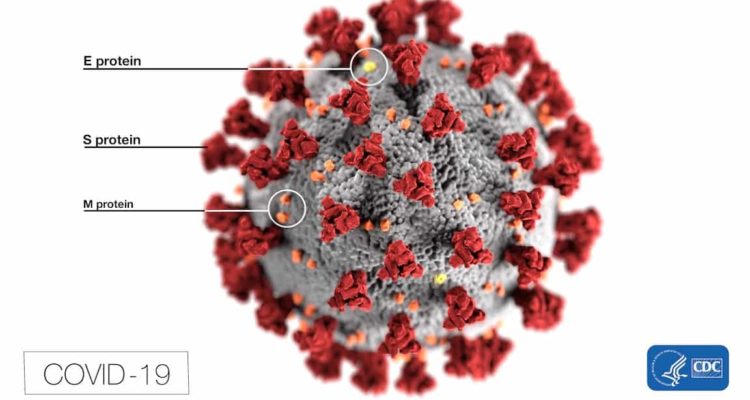
Spring and fall can bring a lot of misery to seasonal allergy sufferers. The pollenating trees, weeds and grasses can wreak havoc on your nose, throat and eyes with symptoms including runny nose, sneezing, watery red eyes and an itchy upper mouth and throat. It can also worsen asthma and eczema conditions.
The good thing is that there exists plenty of over-the-counter medicines and environmental adaptations that can help tame the pollenating beast. For those who have nonseasonal allergies and suffer all year round the treatment options are essentially the same. Nonseasonal or chronic allergies are usually from pet dander, dust mites, cockroaches and mold. Of course, some suffer from chronic allergies with seasonal worsening.
Things you can do before adding medications:
- Look at the weather report which often provides info on when to expect high pollen counts during allergy season. Warm, dry and windy days typically have higher pollen levels than rainy, cold and wetter days. Minimize outdoor activity when pollen counts are expected to be moderate to high.
- Pollen is usually highest in the early morning between 5-10 AM with another peak late afternoon so if you go outdoors try to do it in the middle of the day.
- Keep the windows up in the car and down in the house.
- Use HEPA filters for your HVAC systems and vacuuming devices.
- Wear sunglasses especially if you have ocular allergies and a hat to keep the pollen off your hair when outside.
- Immediately disrobe upon entering your house, leave the clothes at the entrance and take shower to wash the pollen off your body and then put on clean clothes to avoid tracking pollen around your home especially the bedroom.
- If you have pets do not allow them in your bedroom since pollen attaches easily to hair and then distributed everywhere the pet goes.
- Clean bed sheets and pillow cases often. If you have dust mite allergies you can buy special dust mite sheets, pillow covers and mattresses but their effectiveness has not been proven.
- Using saline nasal sprays and sterile sinus rinses have been shown to reduce the need for medication.
The nonprescription arsenal:
- Nasal corticosteroids should be considered as the first line of treatment since it can reduce all symptoms of allergies. Nasocort AQ, Flonase and Rhinocort are currently available OTC. Rhinocort is pregnancy category B considered safe. Use the sprays regularly for a week once or twice a day until your symptoms are better, then you can lengthen the dosing interval to what works best for you. It is safe to use these sprays all year round if needed.
- If you do not tolerate the nasal steroids or find them partially effective or ineffective the next step is to try (or add) an antihistamine. These work better for the irritative symptoms and tend to be less effective on the nasal and sinus symptoms. Benadryl is the most sedating but strongest of the antihistamines. It can be most effectively used at night and can be added to a less sedating antihistamine taken in the morning. Claritin is the least sedating but also tends to be the least effective. Zyrtec, Allegra and Xyzal have in between potency. Xyzal which has the same active ingredient as Zyrtec is considered a little less sedating for some than Zyrtec.
- Decongestants can be useful for short term use. The most common ones are Afrin and Neosynepherine which are nasal spray and phenylephrine and pseudoephedrine which are taken orally. Pseudoephedrine is sometimes combined with an antihistamine in one pill and is noted as the letter “D” like Zyrtec D. I usually recommend avoiding using decongestants longer than 7 days in a row without a break and if you have high blood pressure or heart disease you should try to avoid decongestants if possible or at least use them very sparingly.
- Cromolyn (Nasocrom) can help some people BUT it should be second or third line since it tends not to be very effective.
- Ocular antihistamines like Zaditor, Alaway and Zyrtec/Claritin Itchy Eye can be useful for eye symptoms. Naphcon A and Opcon A are combos also help with redness if that is a major issue.
For most allergy sufferers, prescription medication or immunotherapy is not needed. In fact, allergy shots were once standard of care but after the advent of allergy medications, shots are rarely needed and only reserved for people with severe symptoms not controlled by non-immunotherapy.



